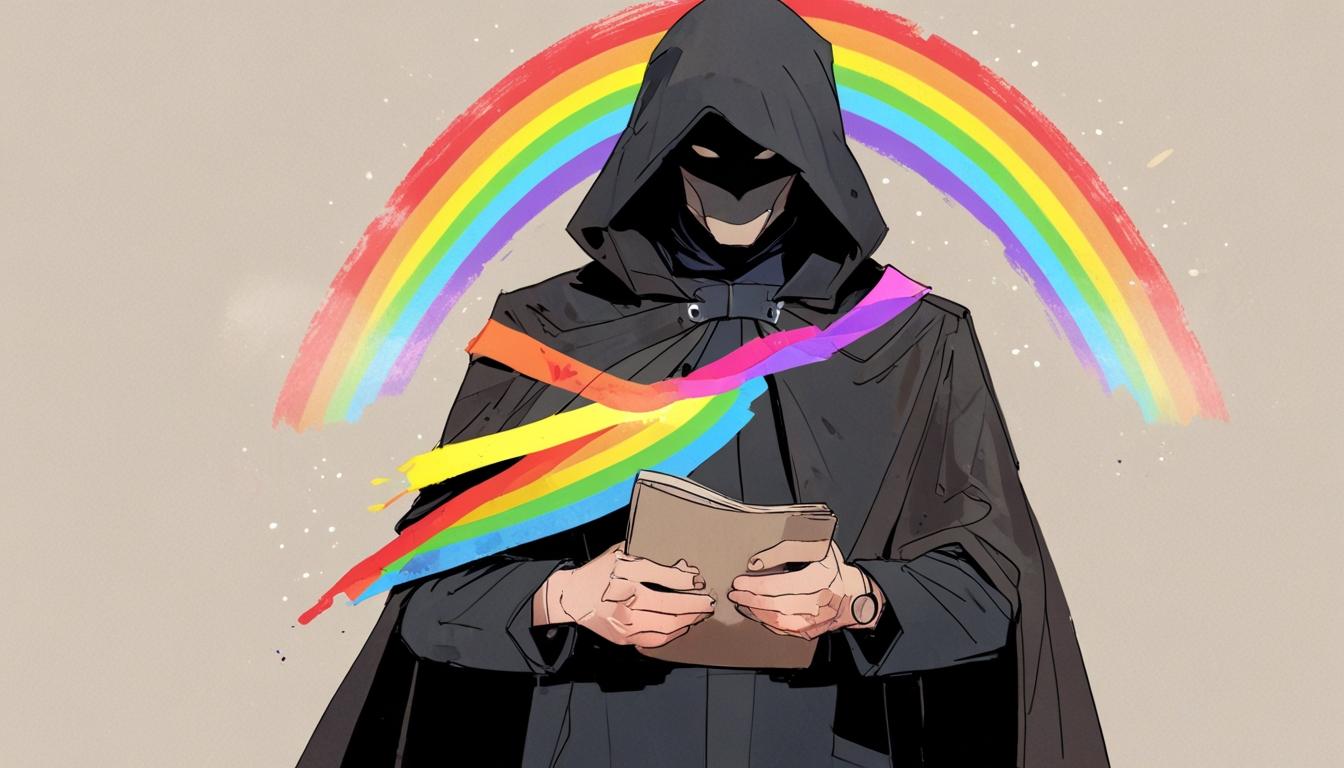The history of LGBTQ+ individuals within UK intelligence agencies, specifically MI5, MI6, and GCHQ, has been characterised by a complex interplay of discrimination, secrecy, and resilience. For decades, queer individuals have significantly contributed to the security sector, despite facing systemic barriers.
Historically, these agencies upheld a ban on openly gay personnel until 1991, even though homosexuality was legalised in 1967. This ban stemmed from concerns that homosexuals might be more susceptible to manipulation, such as honeytrapping and blackmail. Richard Norton-Taylor, a former security editor for The Guardian, posited that this expectation inadvertently endowed queer spies with an ability to maintain secrets and fabricate lies, suggesting that their experiences could paradoxically render them more effective in their roles.
The impact of this ban extended beyond mere employment restrictions. Richard Wood, who joined the Foreign Office just before the ban's repeal, recounted an incident where he was outed by colleagues during his first posting. This led to his immediate recall and a threat of dismissal. Although he managed to retain his position, he was subjected to significant intrusions into his personal life, including being forced to disclose his sexual orientation to family and friends, and having a “pink tag” attached to his personnel file—an identifier signalling his sexuality.
Discrimination inflicted a lasting toll on the careers and lives of LGBTQ+ individuals within these agencies. A former officer recalled that during the 1990s, the environment was rife with homophobia, affecting everything from pensions and career promotions to family allowances and postings. Such pervasive discrimination was often concealed, sometimes even leading to official records being altered to obscure instances of bias.
Despite these challenges, queer individuals continued to serve as spies, often leading clandestine lives that encompassed multiple identities. Notably, Maurice Oldfield, a former chief of MI6 during the 1970s, was a gay man. His security clearance was revoked shortly before his death in 1981 after his sexual orientation became widely known.
The Cambridge Five, a notorious British spy ring that relayed secrets to the Soviet Union, also included prominent gay figures, namely Guy Burgess, Anthony Blunt, and bisexual Donald MacLean. These examples highlight that LGBTQ+ individuals were integral to British intelligence efforts, even as they navigated a landscape fraught with hostility and secrecy.
In recent years, there has been a formal acknowledgment of past discrimination within these organisations. In 2016, the director of GCHQ issued an apology to LGBTQ+ personnel for their treatment. This was followed by similar expressions of remorse from the directors of MI5 and MI6 in 2020 and 2021 respectively.
As contemporary reports from gcn.ie indicate, there is a notable shift towards greater inclusivity within these agencies; many current staff members feel that the environment is improving. However, some former officers question the delay in recognising and addressing the discrimination faced by LGBTQ+ individuals in the past. The evolution of these institutions continues to reflect broader societal changes regarding sexuality and diversity.
Source: Noah Wire Services
